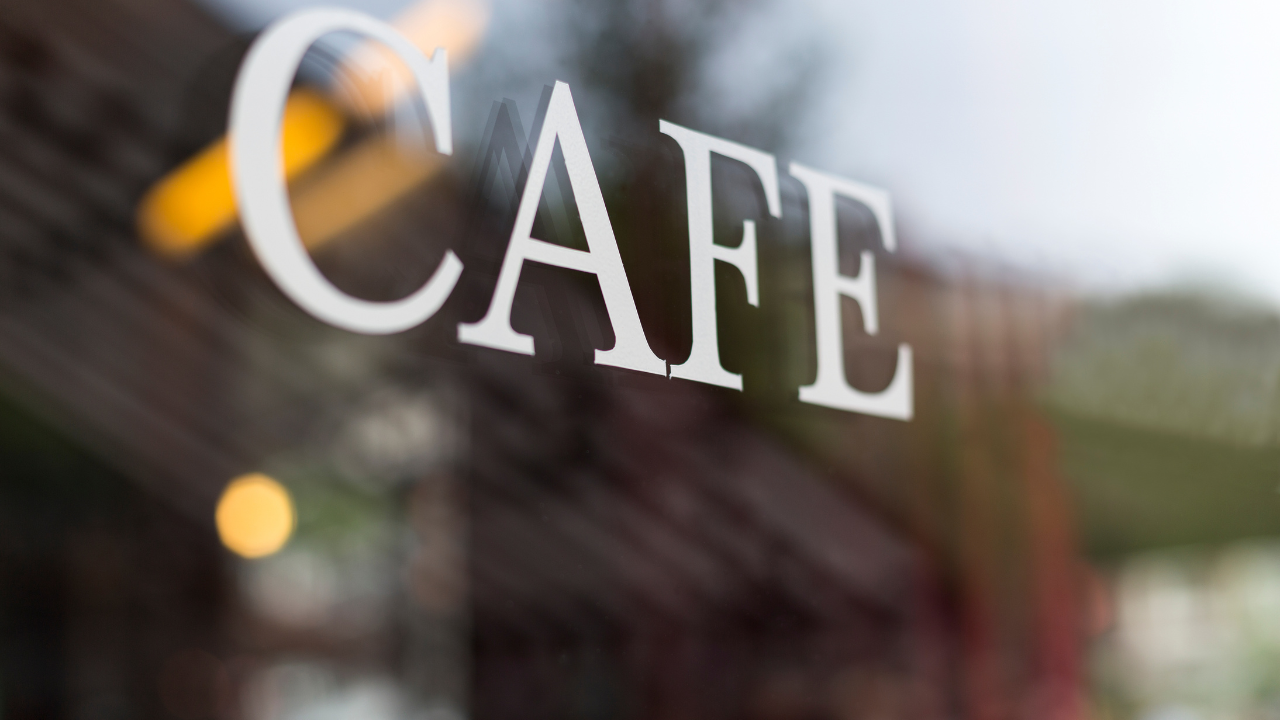
How Long Does It Take to Become Fluent in French?
Nov 08, 2024Learning French, or any new language, is an exciting journey. You might be envisioning conversations over croissants in Paris or impressing colleagues with your language skills. But before that, a common question arises: How long does it take to become fluent in French?
The answer varies based on multiple factors, including your background, study habits, resources, and immersion level. Let’s explore these factors to give you a better idea of what to expect on your path to French fluency.
1. Defining Fluency: What Does It Really Mean?
Fluency doesn’t necessarily mean perfection. It means being able to communicate comfortably and understand native speakers in various contexts. If you aim to hold daily conversations, discuss a variety of topics, and understand most native content, that’s a solid target for fluency.
Fluency is usually classified at the B2 level (upper-intermediate) or higher in the Common European Framework of Reference for Languages (CEFR). Reaching this level generally means you can handle complex topics, express ideas naturally, and understand native speakers without constant stumbling.
2. How Much Time Does It Really Take?
The Foreign Service Institute (FSI) suggests around 600-750 hours to reach French proficiency for English speakers. However, this is just a rough estimate. If you’re studying around 10 hours per week, you’re looking at about 15 months to 2 years to reach a conversational level.
The journey may be shorter or longer depending on several key factors:
A. Your Native Language Background
English speakers typically find French easier to learn compared to non-Romance languages due to the shared vocabulary and similar grammatical structures. If you speak another Romance language, like Spanish or Italian, you might pick up French even faster because of the overlapping grammar and vocabulary.
B. The Time and Effort You Dedicate
Regular, focused practice has a huge impact on learning speed. Studies show that people who commit to even 30 minutes of consistent, intentional practice daily see faster results. Immersive experiences, like studying in a French-speaking country or engaging in a community of native speakers, can accelerate fluency further.
C. Your Learning Methods
Everyone learns differently, so the techniques you choose can make a big difference. Watching French movies, listening to podcasts, practicing with a native speaker, and using language apps are all great ways to diversify your learning and increase retention.
3. Breaking Down the CEFR Levels: Milestones on the Path to Fluency
The CEFR levels, from A1 (beginner) to C2 (proficient), serve as useful markers for tracking progress. Here’s an overview of what you can expect at each level and the estimated time it might take to reach each one:
A1: Beginner (80-100 hours)
At this level, you’ll learn basics like greetings, personal information, and simple sentences. You’ll understand common phrases and ask basic questions. Typically, around three months of consistent study can get you here.
A2: Elementary (150-200 hours)
Now you’re able to hold simple conversations about routine topics. You’ll understand frequently used expressions and begin to tackle everyday conversations. Many learners reach this level within six months.
B1: Intermediate (300-400 hours)
B1 marks the start of conversational fluency. You can talk about daily routines, preferences, and plans, and you can manage situations like ordering food, asking for directions, or discussing your day. For most learners, reaching B1 takes around a year of consistent effort.
B2: Upper-Intermediate (600-750 hours)
This level is what many consider “fluent.” You can discuss more complex topics, debate ideas, and follow French TV shows and movies with ease. If you’re aiming for true conversational fluency, B2 is a realistic target, achievable within 1.5 to 2 years for a committed learner.
C1 and C2: Advanced and Proficient (1,000+ hours)
C1 and C2 are for those who aim to work, study, or communicate in French on a professional or academic level. Reaching this stage requires dedication, with many learners investing 2-5 years. At C2, you can understand almost anything in French, from literature to complex discussions.
4. Maximizing Your Learning: Tips for Accelerating Fluency
If you’re committed to learning French, here are some ways to speed up the process and keep the journey enjoyable:
A. Set Consistent Study Goals
Consistent practice is key. Try setting aside time each day, whether it’s 20 minutes of vocabulary review or an hour of immersive listening. Apps like Duolingo, Babbel, or Quizlet can help you stay on track and keep practice fun.
B. Practice Speaking with Native Speakers
One of the best ways to become fluent faster is through speaking practice. Apps like HelloTalk, Tandem, or joining a local French-speaking club can connect you with native speakers. Real conversations build confidence and help you apply what you’ve learned.
C. Immerse Yourself in French Media
Watching French movies, listening to French music, or following French YouTubers are excellent ways to immerse yourself. You’ll pick up idiomatic expressions and learn how native speakers actually speak in everyday life.
D. Try the 80/20 Rule for Vocabulary
Focus on learning high-frequency vocabulary that you’ll encounter often. By mastering the 20% of words that make up 80% of daily conversations, you’ll understand and use the language more naturally.
5. How to Stay Motivated on the Road to Fluency
Staying motivated during a language-learning journey can be challenging. Here are some tips to keep your enthusiasm high:
- Set Milestones: Celebrate when you reach each CEFR level or accomplish small goals, like holding a five-minute conversation or understanding a French song.
- Track Your Progress: Using language-learning apps or journals to track your hours and achievements helps keep the momentum going. Seeing how far you’ve come is incredibly motivating.
- Find a Study Buddy or Join a Community: Being part of a language-learning community adds an element of accountability. Sharing your struggles and triumphs with others makes the journey more enjoyable.
- Embrace Mistakes: Mistakes are a natural part of learning. Don’t let them discourage you; instead, see them as steps toward fluency.
6. Realistic Expectations: How Long Will It Take You?
The time it takes to learn French varies, but most learners reach conversational fluency (B1-B2) in about 1-2 years with regular practice. However, this is just a general estimate—your journey might be faster or slower based on factors unique to you.
Remember, language learning isn’t a race. The goal is to enjoy the process and embrace each new step. Whether you’re learning for travel, work, or personal growth, each milestone brings you closer to fluency.
Final Thoughts
Achieving fluency in French is possible with commitment, consistent practice, and the right resources. The journey may take time, but each step you take opens doors to new connections, experiences, and cultures. So, how long will it take you to become fluent in French? That depends on how much you enjoy the process and immerse yourself along the way. Bon courage!









